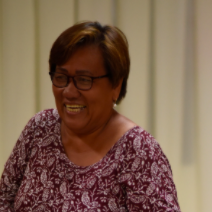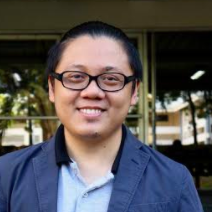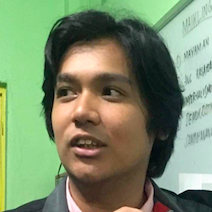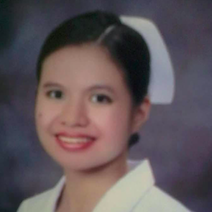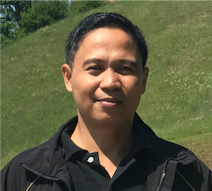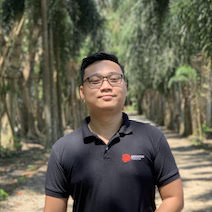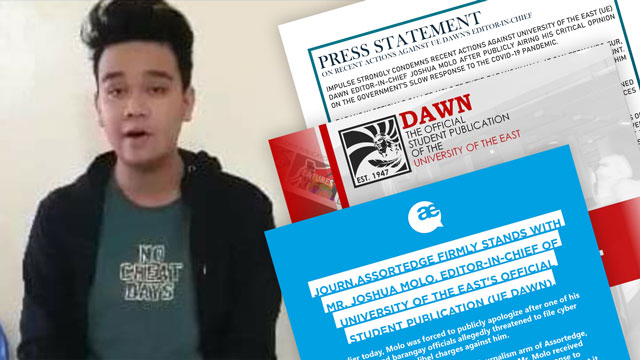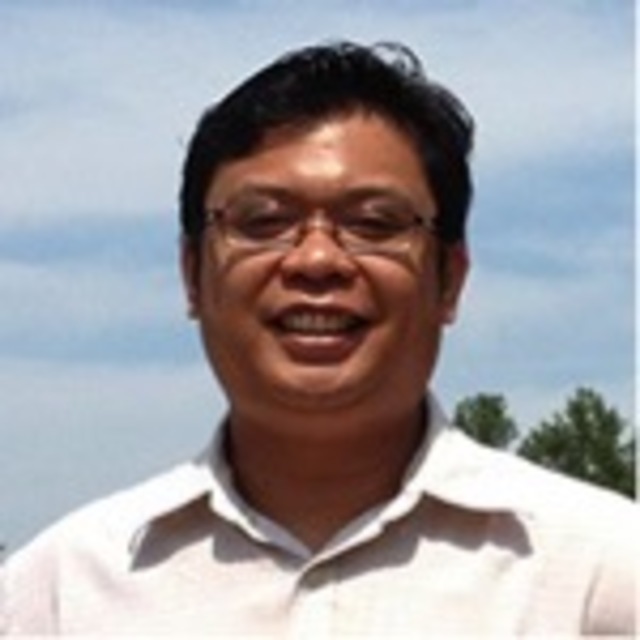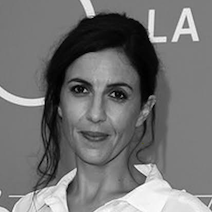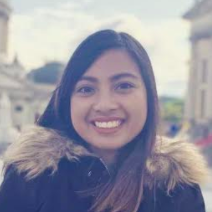![]()
I have been working for years as a journalist in conflict zones, in the Middle East and North Africa.
And for years, I have been following the destiny of millions of people migrating along dangerous and deadly routes.
I've seen dozens of ISIS fighters’ corpses along the streets of Mosul, bodies of civilians visibly executed – arms tied behind their back, the sign of a single bullet in their head. I've seen bodies of children lying in the rubble, some with a toy next to them, a stuffed animal maybe, to commemorate a person who won’t have the prospect of an adult life.
I've met mothers and fathers who've seen their sons killed in front of their eyes, or hung in the squares of their villages.
I have lived in proximity to death, covering events such as the wars against ISIS, the civil conflicts in Libya, the car bombings in Kabul, the jihadist attacks in Tunisia, the coup in Cairo, the bombs in Gaza – and many more.
And every time I return home to Italy, to my family and my son, I clearly feel two things: that I was a privileged witness to the most extraordinary events of recent history, and that I am a lucky citizen of the protected part of the world.
And every time I return from a conflict area in recent years, a question accompanies me, standing out and shining among all the others: how can the fear of bombs, the proximity to death and hunger – how can war– be described to those who have never lived it, and therefore don't have the memory to evoke it?
This is why I work on language; I equip my questions with new words to help people in Italy understand something they've never lived.
Sometimes I succeed; sometimes I fail. War is a strange monster to live through and tell.
This is why, when I hear the coronavirus described as a war, when I read or hear such a metaphor being used on news channels and in newspapers, I become nervous.
I think it’s just another way to avoid focusing on the problem, highlighting the limits of our language in emergency situations. The term doesn’t show us the limits and virtues of our countries' health systems, and it doesn’t describe the thing that scares us most: the unpredictability of death.
Now I'm called to describe this phenomenon, which I ignored until one month ago, and that has changed my life and directly affected my family. I have a responsibility as a citizen and journalist to be lucid and rational in front of the unknown.
But – again – this is not a war.
My uncle's trials
In just over a month, between February and March, I have been to Tripoli, Libya to cover the ongoing war, and to the Greek islands of Lesbos and Samos, where 44,000 migrants are blocked by the containment policies of European countries, waiting for their asylum requests to be processed.
The people there live without a roof over their heads, without toilets, electricity, without enough food, and of course without doctors and access to health care. The idea of a virus outbreak there is an unimaginable tragedy.
Since I returned from the Greek islands, my government, chaired by Prime Minister Giuseppe Conte, has issued 4 decrees to contain the coronavirus contagion, limiting travels, imposing lockdowns on entire regions, and finally stopping the production of unnecessary things.
My son stopped going to school. We queue for groceries, keeping a distance of one meter or more. We wear gloves and masks when throwing out our garbage. I wash my hands with disinfectant hundreds of times. I stopped seeing my friends and colleagues.
Worst of all, my uncle tested positive for COVID-19.
As of writing, he has been in intensive care for 8 days.
He is 70 years old and lives with his wife – my aunt – in a small, isolated village on the outskirts of Rome, one of those typical central Italian towns, made up of coffee shops and other small shops, where everyone knows each other.
"COVID can't arrive here” everyone thought, while still being cautious.
Yet COVID did arrive. Because it is unpredictable. Sneaky.
My uncle had a high fever for a few days. On the fifth day of fever, his doctor – alarmed, worried, and tragically unprepared for the events he was called to handle – requested an ambulance for a suspected COVID case, activating a security protocol.
In the middle of the night, doctors and nurses arrived in anti-contagion personal protective equipment, white suits that covered them down to their feet, and masks covering their entire face.
In the eyes of two pensioners, it was a spacecraft from another dimension.
My uncle becomes one of the 29 ICU patients in the Lazio region. In a matter of hours he was tested as positive for coronavirus with a form of acute pneumonia, and was then sedated and intubated.
That was the medical part.
The painful distance
Since that night, my aunt, my cousin, and the rest of their family were forced into isolation, but in two different homes. (READ: WHO praises Italy's 'genuine sacrifices' to slow novel coronavirus)
This means not being close to my uncle and not being able to support each other. In addition, we can't call anyone for updates. We have to wait instead for the doctors to call us with their daily bulletin.
For 8 days, the phone call held a single message, in a single tone – attentive but inexorable: he is stable but serious.
There are days when we all focus on the word "stable."
And there are days when we only see the darkness of the word "serious."
Meanwhile, on television, there is news from Piacenza that a crematory has lost control, and that there are a hundred coffins piled up in its mourning and farewell room.
There is not enough space. Too many die too fast.
Moving forward
And now I go back to the wars I've been returning from for years.
This is not a war; there are no two enemies fighting each other; there are no bullets; there are no deaths on the street, and hospitals are not trenches.
This emergency requires us to rethink our health system, possibly in a transnational way. We also need to rethink our work, our family life, and our social life.
In less than a month here in Italy, our enthusiasm over rediscovering our community is slowly turning into anger and delusion.
From a window, someone shouts "murderer" to those walking outside, as if they were looking for the infector, for someone to blame for the virus, to blame for a future that has gained the dark color of uncertainty.
Our relationship with control and authority is radically changing, and perhaps it will never be as before.
But – again – it's not a war.
It is a challenge that we are called to overcome together.
Using the metaphor of war takes us away from the problem, and the problem is: are we ready to face this pandemic and the ones that will certainly come in the future? – Rappler.com
Francesca Mannocchi is an award-winning journalist who covers migration and conflicts, and contributes to numerous Italian and international newspapers. She has produced reports in Syria, Iraq, Palestine, Libya, Lebanon, Afghanistan, Egypt, and Turkey.
In 2018, her documentary directed with the photographer Alessio Romenzi was presented at the 75th edition of the Venice International Film Festival. She has written 3 books.
![]()








